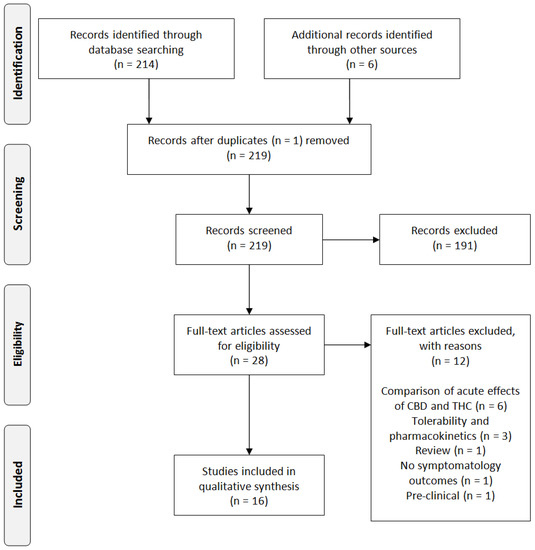 “High rates of relapse are a chronic and debilitating obstacle to effective treatment of alcohol use disorder (AUD); however, no effective treatments are available to treat symptoms induced by protracted abstinence.
“High rates of relapse are a chronic and debilitating obstacle to effective treatment of alcohol use disorder (AUD); however, no effective treatments are available to treat symptoms induced by protracted abstinence.
In the first part of this two-part review series, we examine the literature supporting the effects of alcohol exposure within the extended amygdala (EA) neural circuitry.
In part two, we focus in on a potential way to combat negative affect associated with AUD, by exploring the therapeutic potential of the endogenous cannabinoid (eCB) system.
The eCB system is a potent modulator of neural activity in the brain, and its ability to mitigate stress and negative affect has long been an area of interest for developing novel therapeutics.
This review details the recent advances in our understanding of eCB signaling in two key regions of the EA, the central nucleus of the amygdala (CeA) and the bed nucleus of the stria terminalis (BNST), and their role in regulating negative affect.
Despite an established role for EA eCB signaling in reducing negative affect, few studies have examined the potential for eCB-based therapies to treat AUD-associated negative affect.
In this review, we present an overview of studies focusing on eCB signaling in EA and cannabinoid modulation on EA synaptic activity. We further discuss studies suggesting dysregulation of eCB signaling in models of AUD and propose that pharmacological augmentation of eCB could be a novel approach to treat aspects of AUD.
Lastly, future directions are proposed to advance our understanding of the relationship between AUD-associated negative affect and the EA eCB system that could yield new pharmacotherapies targeting negative affective symptoms associated with AUD.”



 “Currently, there are no approved pharmacotherapies for addiction to cocaine and other psychostimulant drugs. Several studies have proposed that
“Currently, there are no approved pharmacotherapies for addiction to cocaine and other psychostimulant drugs. Several studies have proposed that  “The
“The 


